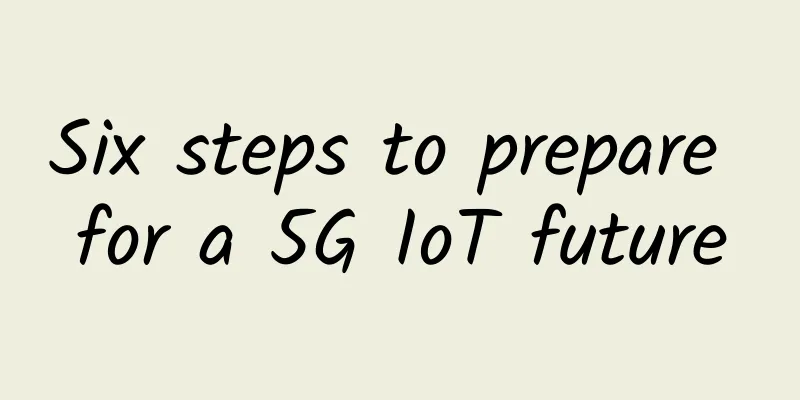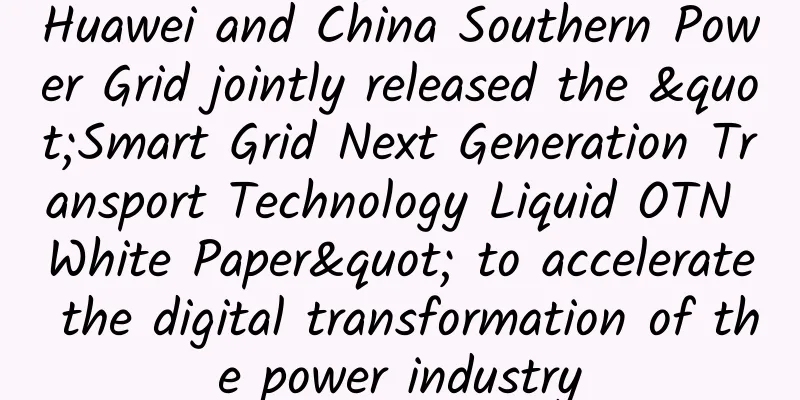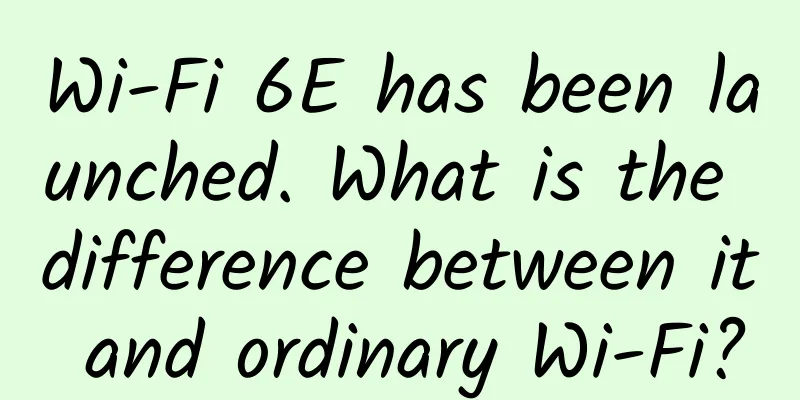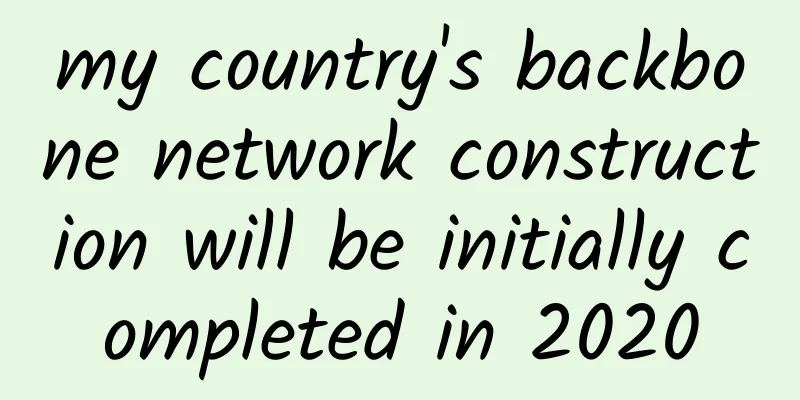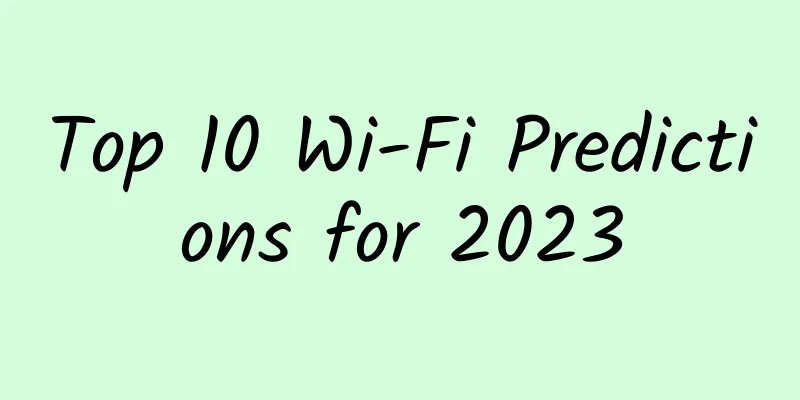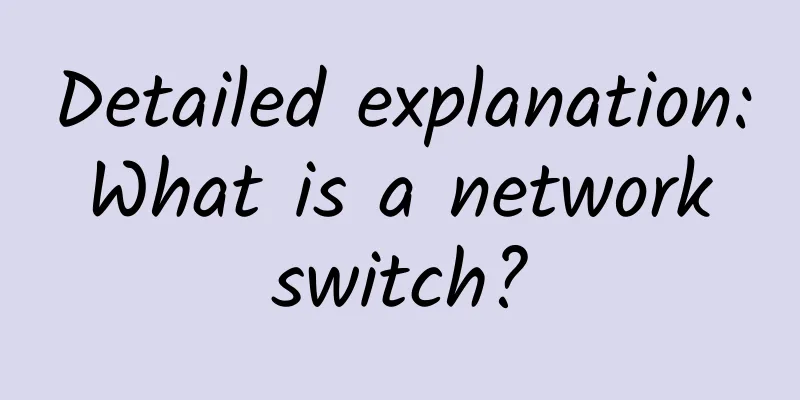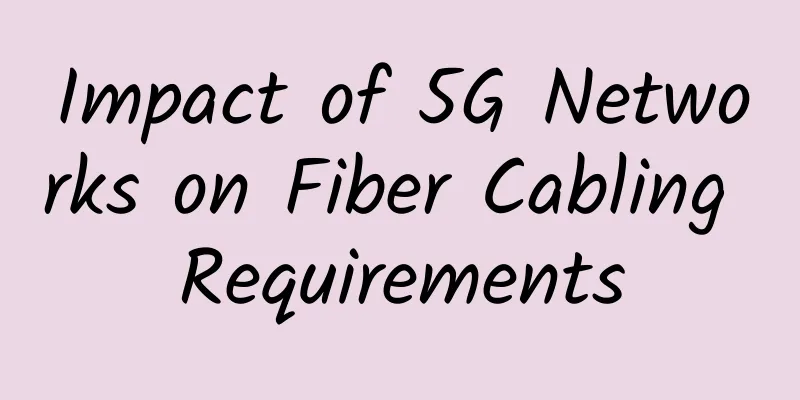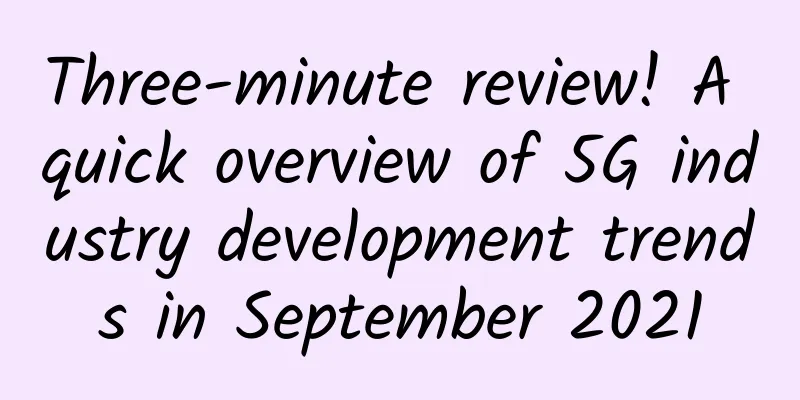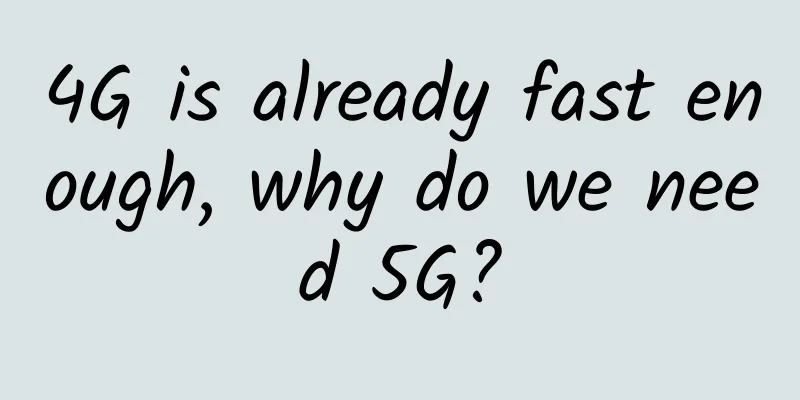Operators should not set traps for unlimited data packages
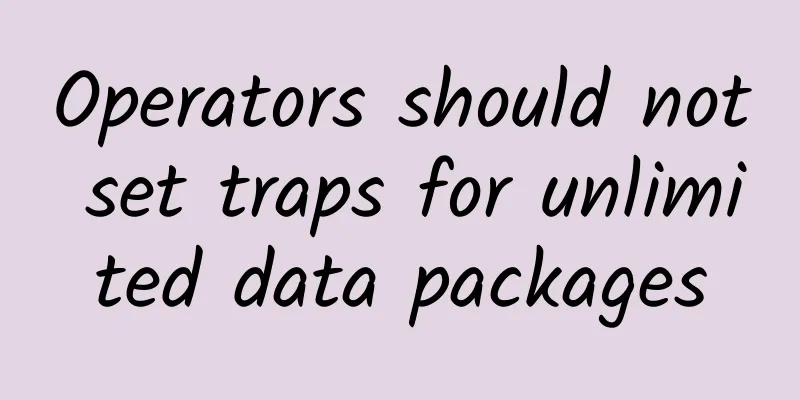
|
Operators generously offer "unlimited" packages while limiting the traffic thresholds used by netizens. A large number of targeted free traffic packages and various restrictions mean that users will be charged if they are not careful. Recently, network operators are on pins and needles, as their carefully designed "unlimited" data packages have been criticized by netizens as "routines". In name, it is a preferential package, but netizens are not only not grateful, but also angry. The unlimited data package with a price as low as 48 yuan is indeed very tempting. It is a pleasant surprise for netizens who love playing games on WeChat with their smartphones. But when they really enjoy this delicious meal without any precautions, they have to exclaim that they have been deceived. The reason is that it is all caused by the routine.
In the advertisements of operators, the words "use as you like" are prominently marked. If you look closely at the instructions below, you will find that each level has a speed reduction threshold, and the speed will be limited if it is exceeded. In addition, a large number of targeted free data packages claim that there is no data fee when using specific software. In fact, various restrictions mean that users will be charged if they are not careful. From this point of view, the operator's move is obviously intended to "set a trap" for users. "Unlimited" is just an eye-catching advertising slogan, but in fact it is full of "tricks". So, how did the "unlimited" data plan become a routine? What's the secret behind it? The first to bear the brunt are the profit-driven operators. The Ministry of Industry and Information Technology announced that mobile data prices would be reduced across the board in 2018. As a countermeasure, operators designed "unlimited" data packages to lure consumers, burying a way to increase revenue in hidden routines. It is conceivable that consumers, driven by "unlimited" data, will inevitably consume much more data than before the limit, which is exactly the excitement designed by the operators. With this routine, operators sell public network resources as monopoly resources, pretend to obey but actually violate, play tricks, and play with consumers. How can they not become the target of consumers' complaints? On the other hand, the fact that network operators are so "cunning" is closely related to the lack of strict supervision in the current situation. The Ministry of Industry and Information Technology needs to formulate corresponding detailed management measures to punish market deception. To put it bluntly, the operators' tricks can now be interpreted as a series of tricks. Each trick involves both standard contracts and false advertising. Whether it is based on the Contract Law, the Consumer Protection Law, or the Advertising Law, the operators' practices should be punished. In reality, however, there are very few cases of punishment. Perhaps it is precisely because they are fearless that the operators will use their tricks to the extreme. The "unlimited" data packages offered by operators are a rogue practice that lacks market integrity. The reason why operators generously offer "unlimited" packages while limiting the data usage threshold of netizens is that it is difficult for netizens to reach the corresponding threshold in actual use. In addition, it is also difficult to achieve technically. Judging from the actual situation such as network carrying capacity, the industry has not yet truly reached the stage of unlimited data usage. The "benefits" that are advertised are not really worthy of the name when consumers actually use them, which naturally affects the user experience. At the same time, many consumers have unknowingly fallen into certain "routines" of targeted free traffic, and their mobile traffic fees have increased instead of decreased. This behavior not only infringes on the rights and interests of consumers, but also damages the image of the company and disrupts the normal competition order. More seriously, this is also a blatant violation of business credibility, which really damages the image of operators. In fact, fooling consumers is fooling the market. The consequence is to reduce consumer stickiness and loyalty. Once consumers collectively wake up, who will be stupid enough to pay for "unlimited traffic"? In view of this, the author calls on consumers to collectively sue the operators, and recommends that the Ministry of Industry and Information Technology quickly provide technical certification for the operators' "unlimited" traffic packages, and make corresponding penalty decisions if necessary, to pave the way for the next step of comprehensive price cuts. |
<<: 2018 F5 China Application Service Summit Forum was successfully held
Recommend
I experienced 5G network on Beijing Line 16 for a while and used up 7GB of data
What is 5G? Do I need to change my SIM card? Can ...
DiyVM: 50 yuan/month - 2GB/50GB/10M/Hong Kong CN2/US CN2/Osaka, Japan optional
How about DiyVM? The Chinese host provider was es...
5 years, $50 billion! In order to catch up with China, they call on Biden to speed up the construction of 5G
The American Forbes website recently published an...
A leap from concept to practice! How does the cloud's native "immune system" fight organically?
On July 16, the Alibaba Cloud Native Security Onl...
Some works of the first 51CTO Developer Competition have been revealed, waiting for you to add to it!
/* Live to change the world Here, every work may ...
AlphaVPS: VPS hosting with large hard disk starts from €15/year, AMD EPYC/Ryzen starts from €2.99/month
AlphaVPS was founded in 2013 and is a leading Iaa...
Review of the top ten events in the Internet industry in 2016
[51CTO.com original article] As 2016 enters the c...
Why enterprises should pay close attention to Wi-Fi 7
Industry experts predict that the latest Wi-Fi ve...
ThomasHost: US/France/UK/Canada KVM starting at $5/month, supports Windows
ThomasHost domain name was registered in 2012, an...
The winner of Huawei Ecosystem Partner Elite Competition is finally revealed, and the cloud ecosystem embarks on a new journey
[51CTO.com original article] On October 28, after...
4G is already fast enough, why do we need 5G?
Whether it is the development of the Internet or ...
How to operate a big data center, these three indicators should be considered first!
Big data continues to impact large-scale enterpri...
Why are unlimited data plans dying?
Regardless of whether it was a unified arrangemen...
Wi-Fi CERTIFIED Vantage adds support for the latest Wi-Fi features
Recently, Wi-Fi Alliance launched new features fo...
Special Research and Analysis of SMTC
Author: Wang Rui, unit: Hebei Mobile Labs Guide A...
